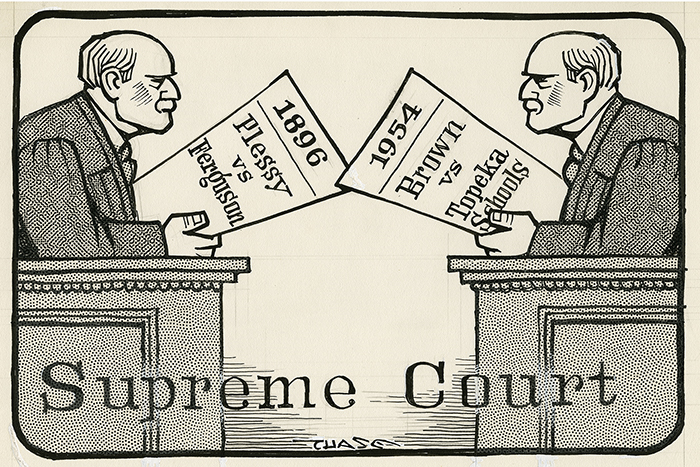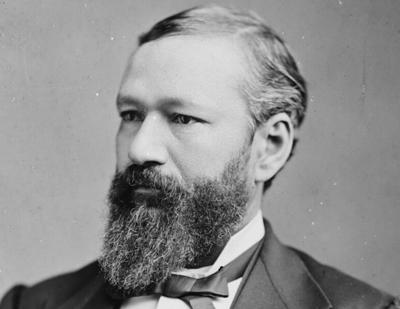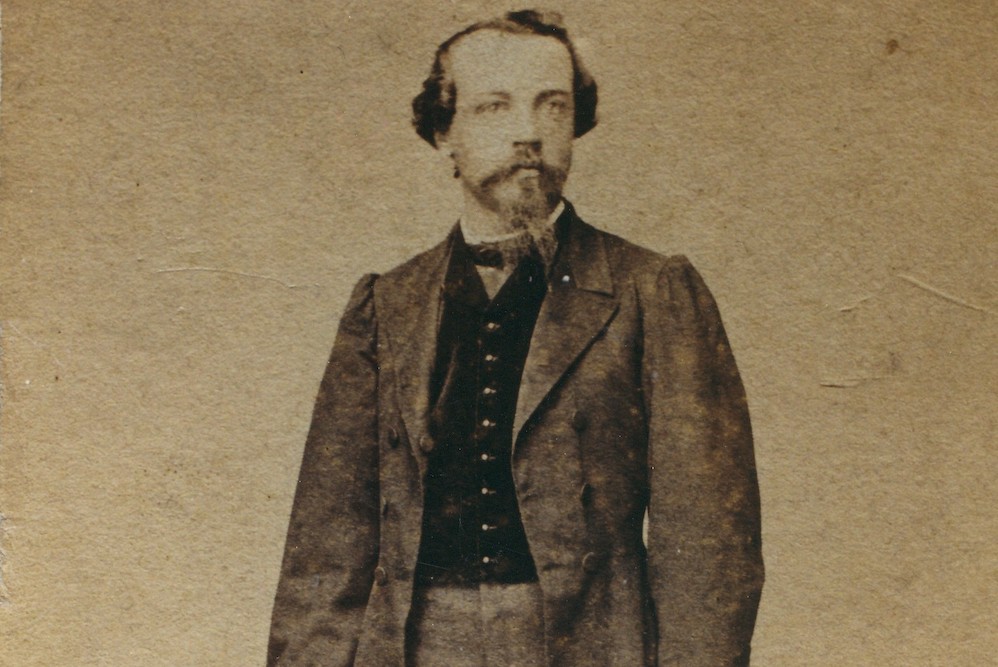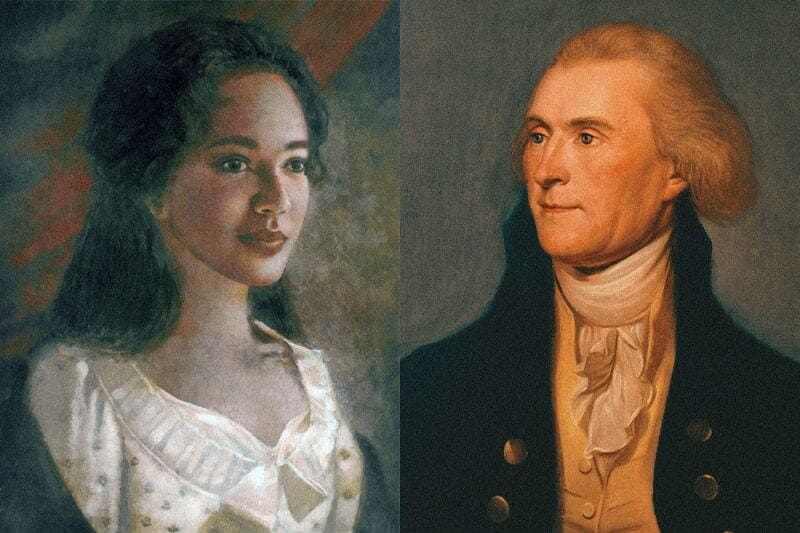The Band of Angels is a drama film about the Civil War romance between a landowner, a former slave runner, and a Southern belle was shocked to learn her mother was a slave upon her father's death.

Amanda Starr is a character in this movie who is described to be an attractive young, privileged women who lived in Kentucky before the Civil War. Her widower father was an extremely wealthy southern cotton plantation owner. Suddenly, her father dies, and Amanda feels her life has completely gone through loop due to the lies she later finds out about her father. Those lies consist of her father was living off of borrowed money and that her mother was a slave snd her father's mistress. Therefore, Amanda has been sold as property bought by a Louisiana plantation owner. She even attempts suicide when she realizes she will be put up for sale at auction. Even though she got bought from a wealthy gentlemen, she was introduced into a fine house with some unusual servants.
This film actually had a lot of conflict due to people comparing this film with "Gone with the Wind." Band of Angels was proved to be a release failure, both commercially and critically. A lot of people tend to find "Gone with the Wind" a better film, and even gave Band of Angels a nickname. This nickname was, "The Ghost of Gone with the Wind." Now imagine the director of this film and how frustrated it is when he poured his heart and soul into his move production just for it to get shade from others. Obviously with every movie, everyone always has something negative to say and the director knew that. However, this just seemed to be out of control. I personally agree with the public on Gone with the Wind being an overall better film. This is because I thought that movie had a better flow, and overall better cast and plot.


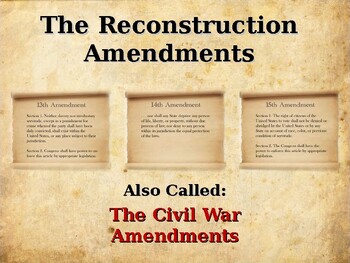


/cra-58b6de495f9b586046478d35.jpg)
